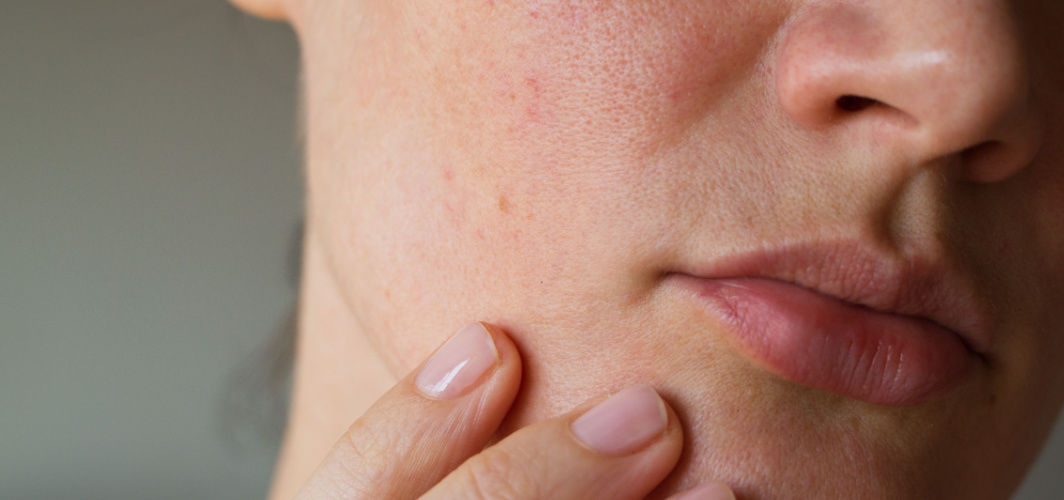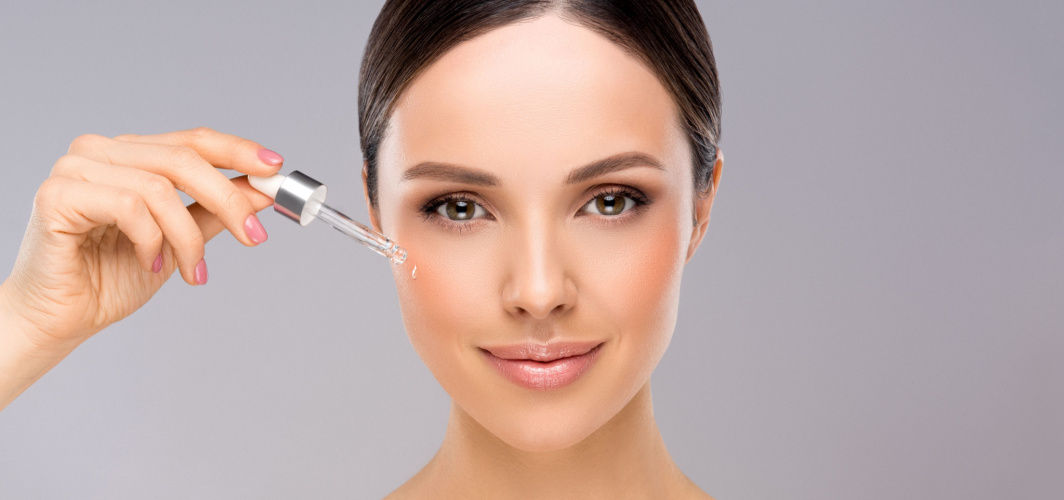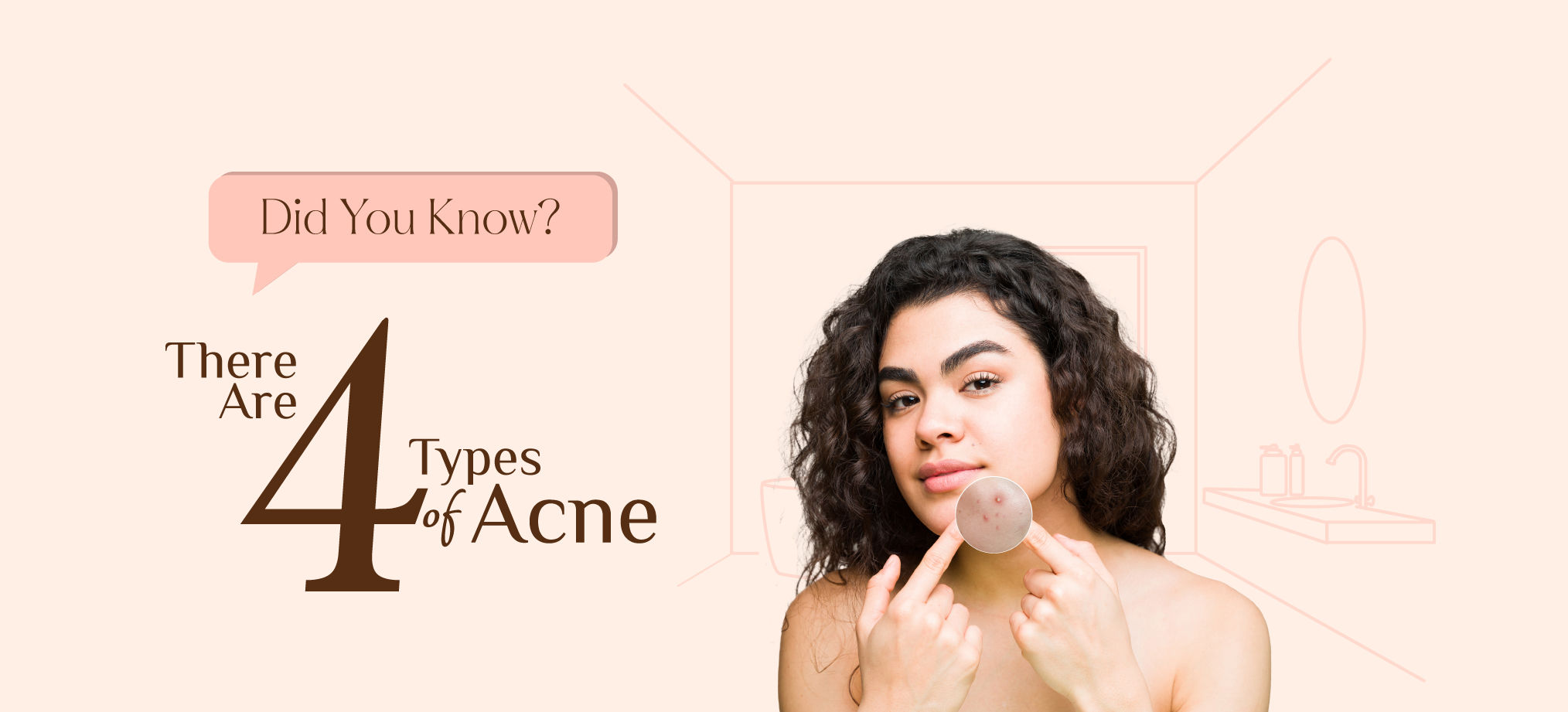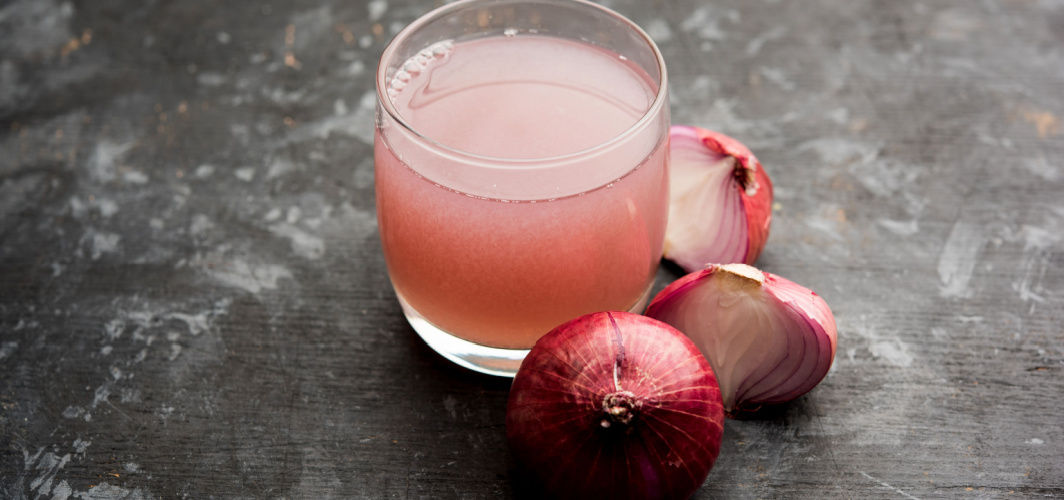Skin Care
Ichthyosis Vulgaris: Definition, Causes, Triggers, Symptoms, Treatments & Prevention
8 min read
By Apollo 24|7, Published on - 05 October 2023
Share this article
0
0 like

Ichthyosis Vulgaris is a common skin condition characterised by dry, scaly, and thickened skin. It is a hereditary disorder that affects the skin's ability to shed dead cells, leading to a buildup of scales. This can cause discomfort and self-consciousness, impacting daily life. Understanding Ichthyosis Vulgaris is crucial as it can help individuals recognise symptoms early on and seek appropriate Ichthyosis Vulgaris treatment. It is estimated that 1 in 250 people in India are affected by this condition, making it important to spread awareness and provide accurate information.
What is Ichthyosis Vulgaris?
Ichthyosis Vulgaris is a genetic skin condition characterised by dry and scaly skin. It is caused by a mutation in the Filaggrin gene, which plays a crucial role in maintaining the skin's barrier function. This gene mutation leads to a decrease in the production of Filaggrin protein, resulting in dry and flaky skin.
1. Genetic Causes of Ichthyosis Vulgaris
Some genetic causes of Ichthyosis Vulgaris are:
- Filaggrin Gene Mutation: This condition is caused by mutations in the filaggrin gene, which is responsible for producing a protein that helps maintain the integrity of the skin barrier. The filaggrin gene mutation leads to a decrease in the production of filaggrin protein, resulting in a weakened skin barrier. This allows for excessive moisture loss from the skin and makes it more susceptible to irritants and allergens.
- Inheritance Patterns: Ichthyosis Vulgaris is usually inherited in an autosomal dominant pattern, which means that only one copy of the mutated gene is needed for the condition to be present. However, there are cases where it can be inherited in an autosomal recessive pattern, requiring two copies of the mutated gene.
2. Environmental Triggers of Ichthyosis Vulgaris
Environmental triggers can exacerbate the symptoms of Ichthyosis Vulgaris. Here are some of them:
- Dry and Cold Weather: This can cause your skin to become even drier, leading to increased scaling and discomfort. It is essential to protect your skin in such conditions by using moisturisers and wearing appropriate clothing.
- Harsh Soaps and Detergents: These can strip away the natural oils present on your skin's surface, worsening the symptoms of Ichthyosis Vulgaris. Opt for gentle cleansers and moisturising products that are specifically formulated for sensitive skin.
Symptoms and Diagnosis of Ichthyosis Vulgaris
In this section, we will delve into the symptoms and diagnosis of Ichthyosis Vulgaris.
1. Potential Symptoms of Ichthyosis Vulgaris
Here are some common symptoms to look out for:
- Dry, Scaly Skin: One of the hallmark symptoms of ichthyosis vulgaris is dry, scaly skin. The skin appears rough and may have a fish-like appearance. The severity can vary from mild to severe, with some individuals experiencing thickened, rough patches of skin.
- Itching and Irritation: Many patients with ichthyosis vulgaris experience intense itching and irritation. This can be particularly bothersome, affecting their quality of life and causing discomfort.
- Cracked or Fissured Skin: The dryness and scaling associated with ichthyosis vulgaris can lead to cracked or fissured skin. These cracks can be painful and may even bleed in severe cases.
2. Diagnosis of Ichthyosis Vulgaris
Diagnosing Ichthyosis Vulgaris is crucial for timely treatment and preventing complications. There are some methods available to diagnose this rare disorder effectively.
- Physical Examination: When diagnosing Ichthyosis Vulgaris, a healthcare professional will begin by conducting a thorough physical examination of your skin. They will look for signs such as dry, scaly patches and thickened skin. Additionally, they will inquire about your medical history, including any family history of skin conditions or other related disorders.
- Skin Biopsy: In some cases, a skin biopsy may be performed to confirm the diagnosis of Ichthyosis Vulgaris. During a skin biopsy, a small sample of skin is extracted and examined under a microscope to assess the structure and composition of the skin cells.
- Genetic Testing: Genetic testing can also be conducted to identify specific gene mutations associated with Ichthyosis Vulgaris. This testing can provide important information about the inheritance pattern of the condition and help guide treatment choices.
Treatment Options for Ichthyosis Vulgaris
In this section, we will delve into the Ichthyosis Vulgaris treatment options.
1. Moisturising and Skincare Routine
Regular moisturisation is crucial for managing ichthyosis vulgaris and maintaining skin care.
- It helps to keep the skin hydrated and prevent excessive dryness.
- Applying moisturisers immediately after bathing or showering is most effective, as it helps to lock in moisture.
- Look for moisturisers that are fragrance-free and hypoallergenic. These are less likely to irritate the sensitive skin of individuals with ichthyosis vulgaris.
In the hot and humid climate of India, it is important to choose light yet effective moisturisers to avoid feeling greasy or uncomfortable. Look for products labelled as non-comedogenic, meaning they won't block pores or cause acne breakouts. Some suitable options include:
- Gel-based moisturisers
- Lightweight lotions
- Serums that provide hydration without clogging pores
2. Topical Medications for Symptom Relief
When it comes to managing the symptoms of ichthyosis vulgaris, topical medications play a crucial role. These medications are applied directly to the skin and can provide relief from dryness, scaling, and itching.
Retinoids such as tretinoin and adapalene help to normalise skin cell growth and improve the shedding of dead skin cells. Urea acts as a moisturiser, softening the skin and reducing scaling. While these medications can be effective, they may cause:
- Skin irritation
- Redness
- Burning in some individuals
It is important to follow your doctor's instructions carefully and report any adverse reactions.
3. Other Treatment Approaches
In addition to topical medications, other Ichthyosis Vulgaris treatment approaches can be considered:
- Phototherapy and Ultraviolet Light Therapy: This treatment involves exposing the affected skin to controlled amounts of UV light. It can help reduce scaling and improve overall skin condition.
- Oral Medications for Severe Cases: In severe cases where topical treatments are not enough, oral medications may be prescribed. These medications may include retinoids or other systemic therapies that target the underlying causes of ichthyosis vulgaris.
Lifestyle Management for Ichthyosis Vulgaris
Living with ichthyosis vulgaris can be challenging, but with the right lifestyle management strategies, you can effectively manage your symptoms and lead a fulfilling life. Here are some daily skincare tips to help you manage your condition:
1. Daily Skincare Tips for Managing Ichthyosis Vulgaris
When it comes to bathing, it's important to be gentle on your skin.
- Avoid hot water, as it can further dry out your skin. Instead, opt for lukewarm water and limit your bathing time to 10-15 minutes. Too much water exposure can strip away natural oils, exacerbating dryness.
- Harsh soaps and exfoliants can irritate your already sensitive skin. Opt for mild, fragrance-free cleansers that are specifically formulated for dry or sensitive skin.
- Additionally, avoid using loofahs or rough washcloths that can cause friction and further damage your skin.
2. Dietary Recommendations for Healthy Skin
The foods you eat can also play a role in managing ichthyosis vulgaris. A balanced diet rich in essential nutrients can promote healthier skin. Consider the following dietary recommendations:
- A well-rounded diet that includes a variety of fruits, vegetables, whole grains, lean proteins, and healthy fats is essential for overall skin health.
- Omega-3 fatty acids found in fatty fish like salmon, mackerel, and sardines, as well as walnuts and flaxseeds, can help reduce inflammation and improve skin hydration.
- Antioxidant-rich foods such as berries, leafy greens, and green tea can also support skin health.
3. Tips for Managing Itchiness and Irritation
Identify and avoid factors that can worsen your symptoms.
- Hot showers, long baths, and tight clothing can aggravate dryness and itchiness. Opt for lukewarm water instead of hot water, wear loose-fitting clothes made from soft fabrics like cotton, and avoid harsh detergents or skincare products.
- Anti-itch creams and cold compresses can provide temporary relief from itchiness and inflammation.
- Look for creams that contain ingredients like hydrocortisone or calamine lotion.
- Applying a cold compress to itchy areas can also help soothe the skin.
Prevention and Future Outlook
In this section, we will delve into the prevention and future outlook of Ichthyosis Vulgaris.
1. Genetic Counseling and Family Planning
Genetic counselling plays a crucial role in the prevention of Ichthyosis Vulgaris. It is especially important for individuals with a family history of the condition.
- Through genetic counselling, individuals can understand the inheritance pattern of Ichthyosis Vulgaris and the likelihood of passing it on to their children.
- Genetic counsellors provide information about genetic testing options, such as carrier screening, which can help determine if a person carries the gene mutation responsible for Ichthyosis Vulgaris.
- Genetic counselling also helps individuals make informed decisions regarding family planning. By understanding their risk of passing on the condition, they can explore different options to minimise this risk.
- Options for family planning may include prenatal testing to diagnose Ichthyosis Vulgaris in the foetus, in vitro fertilisation with preimplantation genetic diagnosis, or adoption.
It is important to note that genetic counselling and family planning decisions are personal choices that should be made in consultation with healthcare professionals.
2. Promising Research and Treatment Advances
Promising research is being conducted to better understand Ichthyosis Vulgaris and develop more effective treatments. Here are some current research studies and potential future Ichthyosis Vulgaris treatments:
- Researchers are studying the genetics of Ichthyosis Vulgaris to identify specific genes responsible for the condition. This could lead to targeted therapies that address the underlying genetic mutations.
- Studies are also exploring the effectiveness of new topical medications in managing the symptoms of Ichthyosis Vulgaris. These medications aim to improve skin barrier function and reduce scaling.
- Gene therapy holds promise for treating Ichthyosis Vulgaris by introducing healthy genes into the affected cells. This approach can potentially correct the genetic mutations responsible for the condition.
Conclusion
In conclusion, ichthyosis vulgaris is a genetic skin condition characterised by dry, scaly skin. While there is no cure for this condition, effective management strategies can help alleviate symptoms and improve quality of life. By understanding the causes, triggers, and treatment options available, individuals with ichthyosis vulgaris can take proactive steps towards maintaining healthy skin.
Skin Care
Consult Top Dermatologists
View AllFrequently Asked Questions
Is Ichthyosis Vulgaris contagious?
Is Ichthyosis Vulgaris contagious?
Can Ichthyosis Vulgaris be cured?
Can Ichthyosis Vulgaris be cured?
Can Ichthyosis Vulgaris be prevented?
Can Ichthyosis Vulgaris be prevented?
Can Ichthyosis Vulgaris affect other parts of the body?
Can Ichthyosis Vulgaris affect other parts of the body?
Can certain lifestyle factors affect the development of Ichthyosis Vulgaris?
Can certain lifestyle factors affect the development of Ichthyosis Vulgaris?
Leave Comment
Recommended for you

Skin Care
Face Serums 101: All That You Need To Know
Learn about all kinds of face serum benefits, including improved skin texture and brighter complexion. Also, find out how to select the right face serum for your specific concerns and use it for the best results.

Skin Care
Acne Guide 101: Which Kind Of Acne Are You Experiencing?
Although teenagers and young adults are most prone to develop acne, it can affect individuals of any age. It's important to address this condition promptly to minimise its impact. Read to know more.

Skin Care
Can Regular Use Of Onion Help Reduce Hair Loss?
Apparently, an eight-week scalp treatment with onion extract may trigger hair regrowth and control hair loss. Read to know more.
Subscribe
Sign up for our free Health Library Daily Newsletter
Get doctor-approved health tips, news, and more.
Recommended for you

Skin Care
Face Serums 101: All That You Need To Know
Learn about all kinds of face serum benefits, including improved skin texture and brighter complexion. Also, find out how to select the right face serum for your specific concerns and use it for the best results.

Skin Care
Acne Guide 101: Which Kind Of Acne Are You Experiencing?
Although teenagers and young adults are most prone to develop acne, it can affect individuals of any age. It's important to address this condition promptly to minimise its impact. Read to know more.

Skin Care
Can Regular Use Of Onion Help Reduce Hair Loss?
Apparently, an eight-week scalp treatment with onion extract may trigger hair regrowth and control hair loss. Read to know more.
